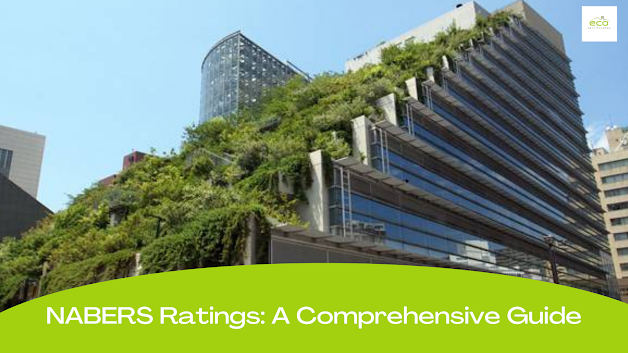Maximising Energy Efficiency: The Benefits of JV3 Modeling

As the construction and building industry in Australia grows increasingly focused on energy efficiency, JV3 Modeling emerges as a vital tool for achieving compliance with the energy efficiency requirements under the National Construction Code (NCC). This innovative pathway ensures buildings meet strict energy performance standards while providing flexibility in design. In this blog, we’ll explore what JV3 Modeling entails and its assessment process. What is JV3 Modeling? JV3 Modeling is an alternative compliance method under NCC BCA Section J. Instead of following the prescriptive Deemed-to-Satisfy (DtS) provisions, this method allows for a more flexible and performance-based approach to demonstrate energy efficiency compliance. With JV3, a building's overall energy performance is compared against a reference model that adheres to DtS requirements. If the proposed building performs as well or better than the reference, it passes the JV3 assessment. This flexibility enables buildi...
.png)

